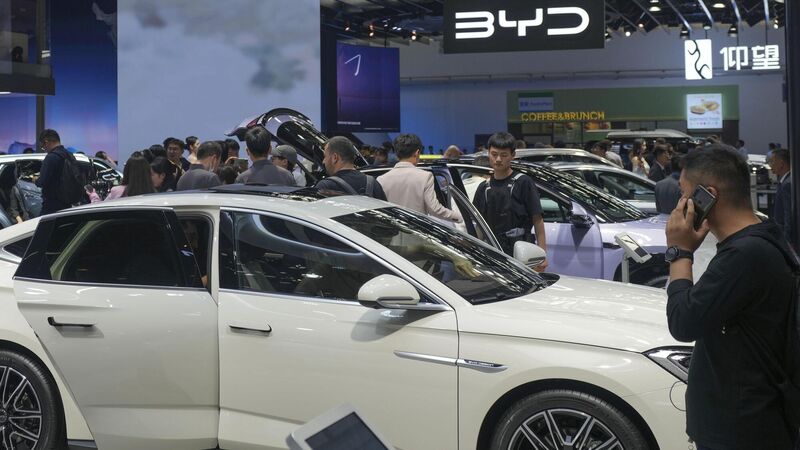China's made-in-Europe electric cars pose new threat to automakers

The Chinese company BYD, one of the largest electric car brands in the world, has announced plans for its own factory in Hungary.
China’s electric carmakers are expanding in Europe to blunt the impact of tariffs meant to weaken their price advantage over the region’s ailing legacy manufacturers.
With the EU hiking duties on Chinese electric vehicles to as much as 48%, China’s new generation of green car manufacturers is teaming up with local industry so their cars are considered homegrown.











